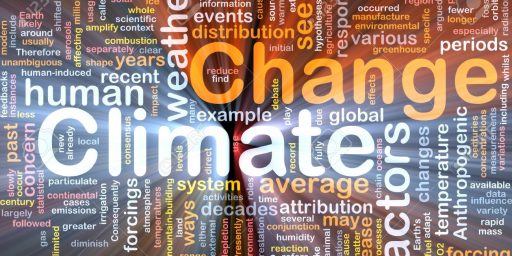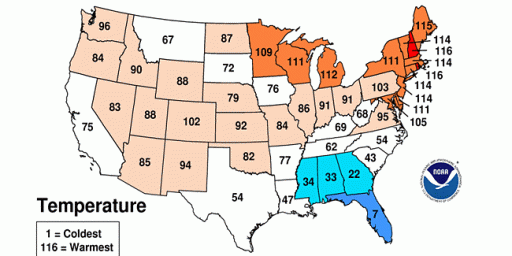Antarctic Survey Shows Widespread Glacial Retreat
Antarctic Survey Shows Widespread Glacial Retreat (Scientific American)
The most comprehensive survey yet completed of glaciers in the Antarctic has discovered widespread movement, especially in the past five years. The findings, published today in the journal Science, indicate that the rate of sea-level rise could increase if ice shelves in the area continue their retreat.
Scientists with the British Antarctic Survey (BAS) analyzed data collected from studies of 244 marine glaciers over the past 50 years. More than 2,000 aerial photos and 1,000 satellite images helped the researchers reconstruct the behavior of glacier-ice shelves and tidewater glaciers. They found that 87 percent of the glaciers have retreated over the study period by about 600 meters, on average. Over the same time period, the atmospheric temperatures in the region increased by 2.5 degrees Celsius. Such dramatic and localized warming is certainly playing a role in the changes, says the study’s lead author Alison Cook of the BAS, but it is not the only factor that caused the changes. “It’s a complex picture,” she notes.
The retreat has occurred at a discontinous rate over the past half century. According to the report, the past five years have seen the quickest recoil, with glaciers moving back about 50 meters annually, faster than any other time period since 1955. There were some exceptions, however, as 32 glaciers showed modest advancements. Says study co-author David Vaughan of BAS, “this is the kind of exploration of Antarctica you could never do on site.”
Interesting. Note that, even in a three paragraph story, Scientific American manages to capture the complexity of the study’s findings. Contrast that with the major press coverage:
Antarctic Peninsula’s Rivers of Ice Shrinking (LAT)
The first comprehensive survey of glaciers on the Antarctic Peninsula shows that the rivers of ice are shrinking, mostly because of warming of the local climate. Researchers from the British Antarctic Survey and the U.S. Geological Survey analyzed more than 2,000 aerial photographs dating from 1940 and more than 100 satellite images taken since the 1960s. They calculated that 87% of the 244 glaciers have retreated over the last 50 years and that the pace of shrinkage has accelerated over the last decade, they reported this week in the journal Science.
The wire services seem to be doing a better job, at least:
Study Says Antarctic Glaciers Are Shrinking, Sea Levels May Climb (WaPo – Bloomberg)
Most of the coastal glaciers along the 1,200-mile Antarctic Peninsula have shrunk as temperatures have risen over the past 50 years, and sea levels may climb if the trend continues, according to a study published today in the journal Science. About 212 of the 244 glaciers surrounding the peninsula, which stretches north from the southern polar continent toward South America, have retreated as temperatures have risen more than 4.5 degrees Fahrenheit since the 1950s, reported the study by Alison Cook and colleagues.
Study Shows Antarctic Glaciers Shrinking (ABC – AP)
The first comprehensive survey of glaciers on the Antarctic peninsula has shown that the rivers of ice are shrinking, mostly because of warming of the local climate. It is unclear, however, whether the increased temperature causing the shrinkage is a natural regional effect or a result of global warming, said the scientists who conducted the study, published this week in the journal Science. Researchers from the British Antarctic Survey and the U.S. Geological Survey analyzed more than 2,000 aerial photographs dating from 1940 and more than 100 satellite images from the 1960s onwards.
So, basically, some glaciers are melting and we don’t know why.





Do we know yet why the glacier that covered most of North America 10,000 year ago melted?
Uh, James, we do know why ice melts. Just turn the thermostat in your freezer to somewhere above 32 degrees and watch the ice melt. Scientists have been aware of the effect greenhouse gases have on our plantet for over a century. But it was the introduction of man made greenhouse gases that led to them predicting the melting of the ice caps. So far the scientists have been proved right.
ken: Maybe, maybe not. The planet naturally goes through warming and cooling cycles. We really don’t know the extent to which human activity effects it.
Given that, I think we should take prudent steps to minimize our footprint. We shouldn’t go overboard, though.
Happening in the last few years? That makes the answer simple. All the hot air the left has expended against Bush is ruining the planet.
And some are advancing and we don’t know why.